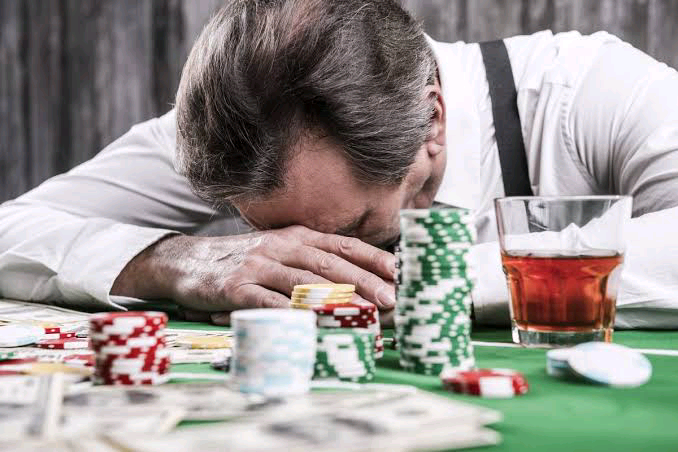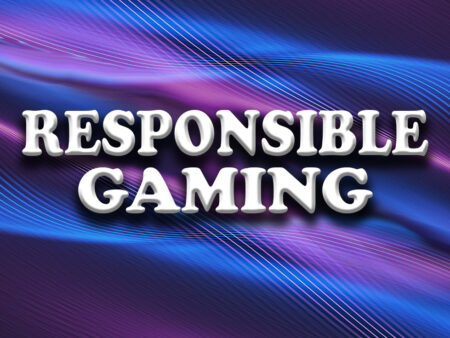
Gambling addiction is more common than many realize, affecting individuals across various age groups and backgrounds. The urge to continue gambling despite negative outcomes is a central aspect of problem gambling. It can lead to severe financial, relational, and health issues. Recognizing that gambling has become a problem in your life is the first critical step toward recovery. Let’s move on to how you can avoid gambling problems.
The Importance of Therapy and Emotional Support
The Importance of emotional support and therapy for avoiding gambling problems include:
Professional Help: If you’re facing severe problems due to gambling, therapy can be essential in overcoming the addiction.
Residential Rehabilitation: For complex cases, you might be directed towards a residential rehabilitation service, which can provide an immersive support environment.
Support Networks: Additionally, don’t underestimate the significance of emotional support from friends, family, or support groups.
Finding Balance: Embracing practices that promote balance and mental well-being is vital. Mindfulness, stress management techniques, and healthy lifestyle choices all contribute to recovery.
Gambling addiction is indeed a challenging hurdle, but it’s essential to remember that it’s one you don’t have to face alone. In the United Kingdom, there is an array of options and resources dedicated to assisting individuals like you. With the right support and a commitment to change, you can regain control over your life and move towards a future free of gambling.
Recognizing Gambling Triggers
Understanding your triggers is a vital step towards overcoming gambling addiction. It’s about recognizing the environmental and emotional cues that prompt your gambling behavior. By identifying these triggers, you can develop strategies to cope with them without turning to gambling.
Identifying Personal Gambling Triggers
To start regaining control over your life and putting an end to gambling, it’s essential to know what sets off your urge to gamble. Let’s explore how you can pinpoint these triggers:
Reflect on Past Gambling Episodes: Consider when you’ve felt the impulse to gamble. Was it after a stressful day at work, during financial strain, or after an argument with a loved one?
Journaling: Keep a diary where you record thoughts, feelings, and situations that increase your gambling urges. Over time, patterns may emerge, helping you to understand your triggers better.
Consider Your Social Circle: Do your friends or acquaintances encourage gambling? Social environments can greatly influence gambling behavior.
Substance Influence: Acknowledge whether consuming alcohol or other substances lowers your inhibitions and contributes to your gambling decisions.
Professional Assessment: Don’t hesitate to reach out for a professional evaluation that can bring clarity to the underlying causes and triggers of your gambling habit.
By identifying these internal and external triggers, you can start to address the root causes of your gambling behavior.
Strategies for Avoiding Common Triggers
Once you’re aware of your triggers, the next step is to learn how to navigate around them. To navigate them, you need to do the following:
Develop New Hobbies: Find new interests or rekindle old passions that can fill the void left by gambling and provide a healthy outlet for stress.
Alter Your Social Activities: If your social life is intertwined with gambling, it may be time to explore new friendship groups or different social venues.
Self-Exclusion Programs: Many gambling establishments offer self-exclusion programs. Consider signing up to help enforce your commitment to staying away from gambling.
Practice Stress Management: Techniques such as meditation, exercise, or talking to a counselor can help in managing the stress that may trigger gambling urges.
Avoid Substance Abuse: Limit intake of substances like alcohol that may cloud your judgment and lead you to gamble. Also, avoid hanging out with friends who love taking alcohol with you so you will not be tempted to consume substances.
Creating a plan that takes these strategies into account can provide you with the tools you need to resist the temptation to gamble, even when faced with the strongest of triggers. By recognizing and avoiding your gambling triggers, you’re taking important steps toward recovery. Remember, seeking professional help is not a sign of weakness but a crucial step in reclaiming control of your life and ensuring a future where you can thrive without the shadow of gambling addiction.

Edward Robinson believes gambling can be enjoyable but urges caution. His insights focus on the psychology of betting, healthy habits, and recognising when it’s time to seek help.
More about Edward Robinson
Age: 48
Experience: 20+ years in responsible gambling advocacy and research
Background: Former social worker, now heads a respected non-profit organisation
Hobbies: Bird-watching, volunteer work, and a keen interest in psychology
Residence: Cambridge
Marital Status: Divorced, shares custody of his teenage son


